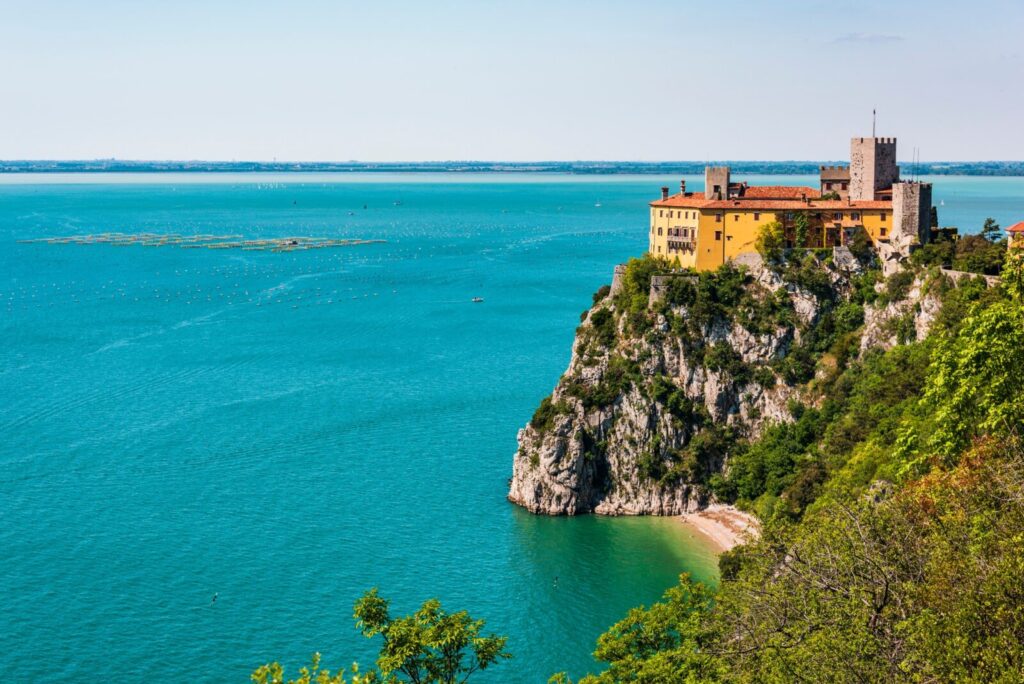Rethinking the Blue Economy: Socio-ecological impacts and opportunies (RethinkBlue, AGA-CA22122-1-16563) as a pan-European, interdisciplinary network of researchers, from 33 countries and to encourage connections between researchers and stakeholders in Europe and beyond. Oceans cover 70% of earth’s surface and the earth has around 620.000 kilometers of coastline. This is where the land meets the sea, holding a significant place in the world’s geography. They are important for the ecosystems and are home to diverse ecosystems, and human settlements. About 60 percent of the world’s population lives within 60 kilometers of the coast, this proportion will rise to 75 percent within two decades. For centuries, oceans have generated activities. They are a major source of food and employment and provide natural communication, transportation, and energy.
The concept of Blue Economy relates to the exploitation, preservation, and regeneration of the marine environment. This can include a wide range of economic sectors, from the more conventional fisheries, aquaculture, maritime transport, coastal tourism, and marine-related industries, to the emergent sectors such as deep-sea mining.
Environment and technological developments present new challenges and opportunities for coastal populations and marine activities. To rethink the Blue Economy, the network will be assessing its impact on coastal societies. In addition, RethinkBlue will explore opportunities deriving from innovations and potential synergies between established and emergent marine activities.
Coastal populations and maritime activities are increasingly exposed to the consequences of climate change such as rising sea levels and a higher risk of natural hazards. In many coastal areas in Europe, populations will be confronted with the need to adapt or risk displacement, with enormous socio-economic consequences.
Participation in the RethinkBlue project, and a leading role in it, is very important for our institute, it involves us in international knowledge streams and EU policymaking. The Mediterranean institute for environmental Studies at ZRS Koper promotes the functioning of a sustainable blue economy, which must primarily work in the long term and for the benefit of the inhabitants of coastal cities. The effects of a sustainable blue economy must be measured, questioned and directed in such a way that they are in line with environmental constraints and fairness,” says the representative of the Dr. Jernej Pence Institute about the participation in the project.

 en
en Slovenščina
Slovenščina Italiano
Italiano